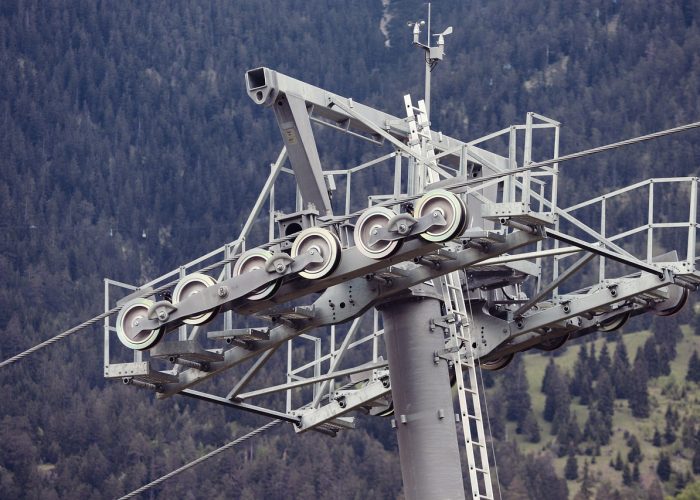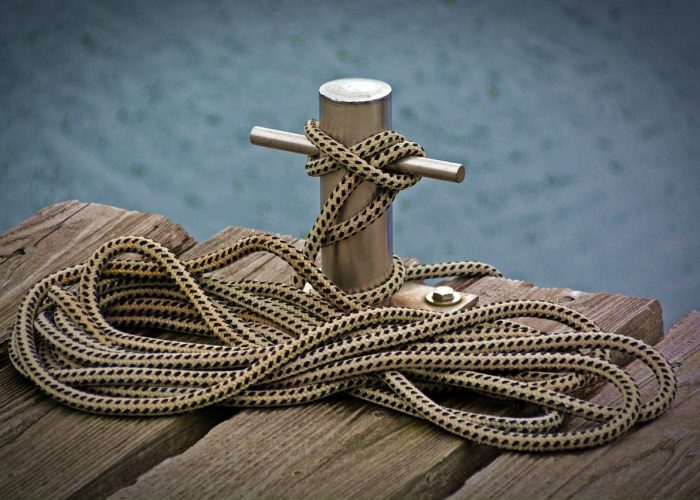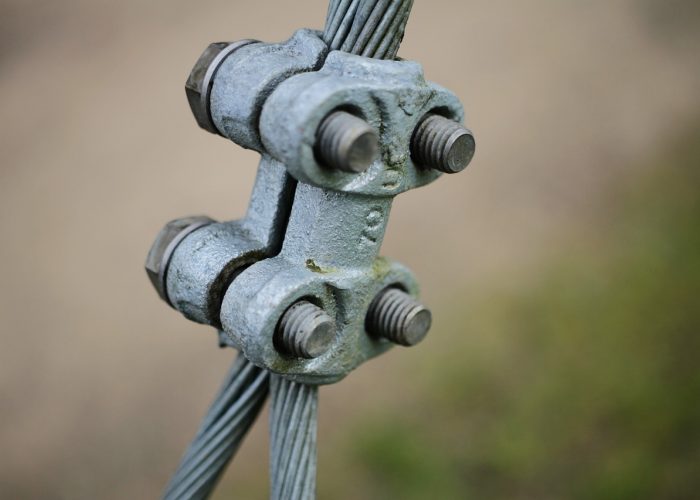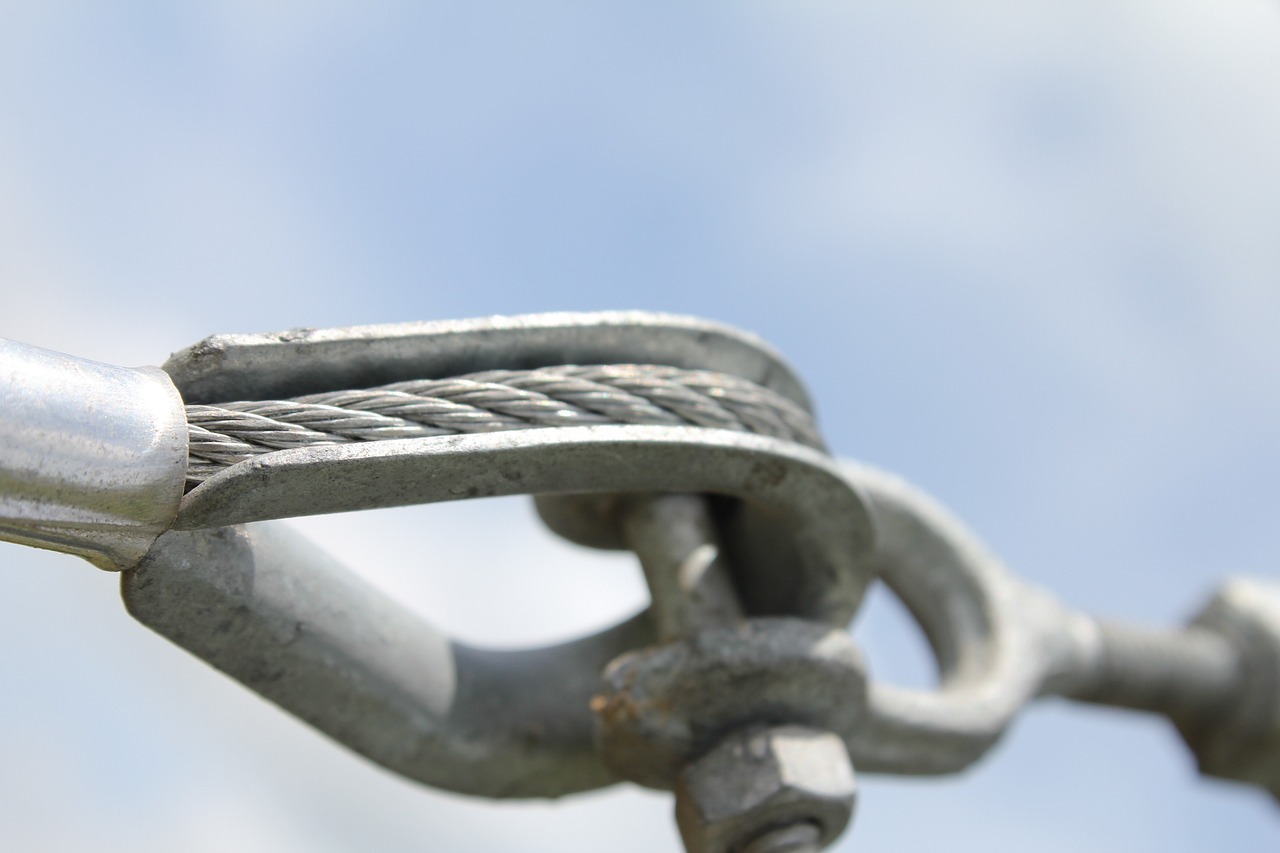Programming
Mastodon is open-source programming, implying that anybody can add to its turn of events or investigate its code for security and protection issues. This straightforwardness cultivates trust and guarantees that the stage is constantly worked on by a local area of engineers and clients. The open-source nature of Mastodon likewise implies that it isn’t under obligation to corporate interests. This approach guarantees that you are not exposed to calculation driven content control and can draw in with content in light of your own advantages.




